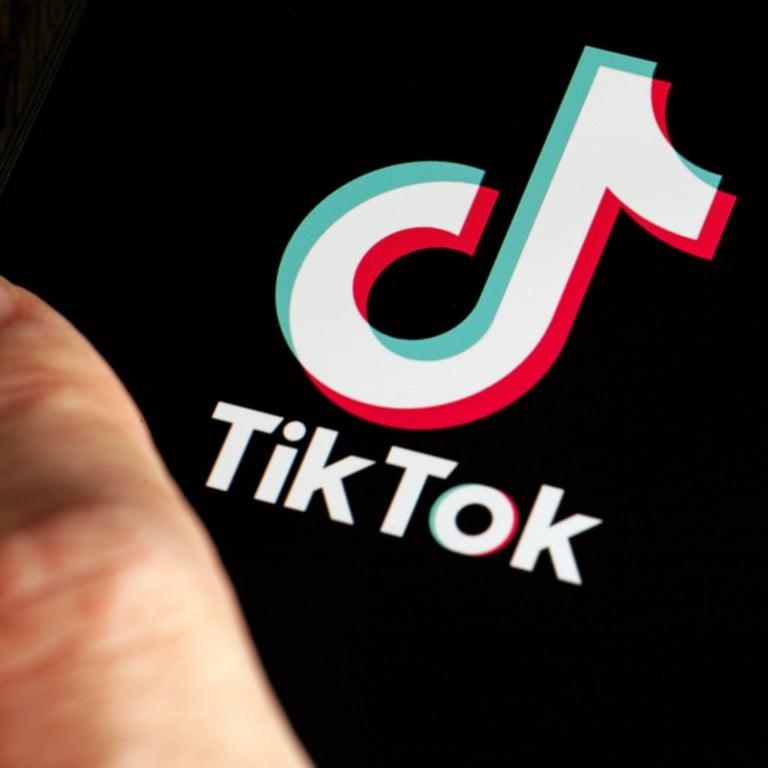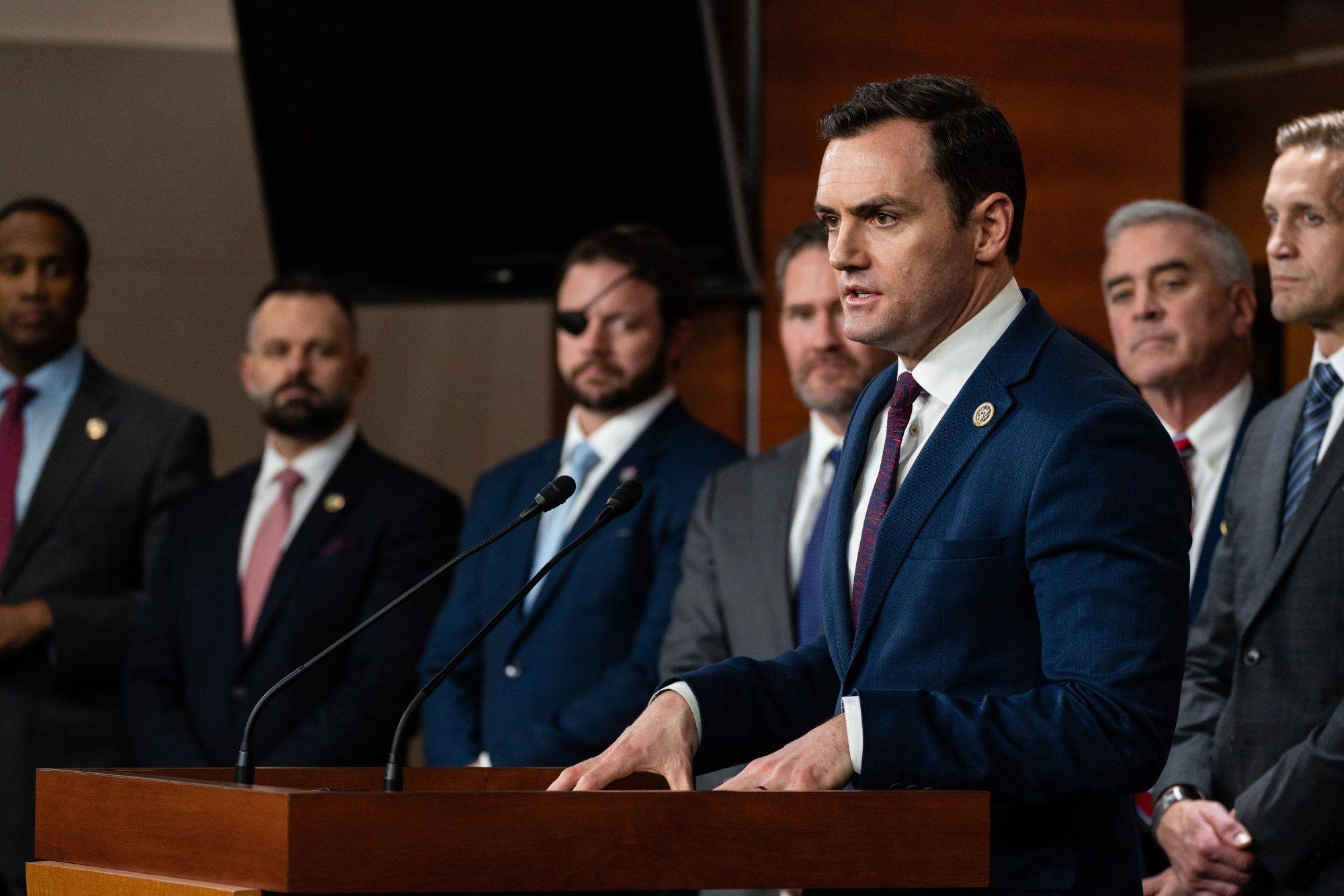
TikTok doesn’t pose security threat to US, new academic study says
- The Chinese app poses no greater risk of either surveillance or influence operations than other social media platforms, according to researchers
- US lawmakers from both parties have supported efforts to ban TikTok nationwide, after multiple states imposed their own prohibitions
The analysis, released on Monday, comes as US lawmakers on both sides of the aisle appear more aligned than ever in efforts to ban TikTok – a subsidiary of Chinese company ByteDance – in the US.
According to the report, written by researchers at Georgia Tech’s Internet Governance Project: “Chinese government efforts to assert control over ByteDance’s Chinese subsidiaries are targeting its domestic (Chinese) services, not its overseas operations.”
Included in the omnibus legislation that US President Joe Biden signed into law on December 30 was a measure prohibiting federal employees from using the app on devices issued by the government. The same bill – introduced by Senator Josh Hawley, a Republican from Missouri – passed in the Democratic-led Senate for the second time in mid-December.
“TikTok is a Trojan horse for the Chinese Communist Party. It’s a major security risk to the United States, and until it is forced to sever ties with China completely, it has no place on government devices,” Hawley said in December, noting that states across the country were instituting the same ban.

Twenty-one of 50 US states have at least partly blocked access to TikTok on government devices, according to news website GovTech.
But last week, the city council of Rapid City, South Dakota, voted 8 to 1 in favour of tabling a motion to ban TikTok from city devices, effectively killing the effort. One of the city council members cited a draft of the Georgia Tech report in her opposition to the ban; she said the study was provided unsolicited.
Toward the end of the last session of Congress in December, bills to wholly ban TikTok in the United States were introduced in both the House of Representative and the Senate, with Representative Mike Gallagher, a Republican from Wisconsin, calling the app “digital fentanyl” that collects Americans’ data and censors news. With the start of a new congressional session this month, the legislation would have to be reintroduced to be considered.
Yet while there is abundant evidence that ByteDance censors the Chinese equivalent of TikTok, called Douyin, evidence that it censors TikTok is sparse.
TikTok, growing more popular, faces stronger pushback with US bipartisan bill
Citing the University of Toronto’s Citizen Lab and noting their own searches for sensitive topics on the app, the Georgia Tech authors said that “TikTok does not employ overt political censorship.”
Topics they recorded as searching for include advocacy of the independence of Taiwan; Falun Gong, an anti-communist religious movement that is persecuted in China; and claims that Uygurs in China are being exploited or oppressed. All appeared widely on the app.
“Political censorship, if it exists at all on TikTok, would be more nuanced,” wrote Citizen Lab, which conducted an investigation into TikTok and Douyin in 2021. The authors of that report noted that they lacked better methodologies in detecting that kind of censorship.
The Georgia Tech authors, citing Citizen Lab, said that keyword blocks and censorship mechanisms included in Douyin have been eliminated from the two versions of the software released outside of China.
On media reports of censorship on TikTok, the authors noted that TikTok has struggled – and since improved – with transparency in its early years, and that any censorship previously documented was a reflection of company policies to promote aims that have nothing to do with the Chinese government’s goals.
US lawmakers to add ban on TikTok on government devices in spending bill
Rather than a tool of the Chinese state, the Georgia Tech authors said TikTok was a commercially motivated enterprise that would suffer if it adhered to certain censorship or moderation policies.
“An objective appraisal of TikTok’s content moderation does not reveal a Chinese government-controlled influence operation, but a young, profit-motivated private company based in China internationalising its operations and gradually adjusting its policies to non-Chinese markets, and progressively deviating from standards and practices enforced in China.”
Like all social media apps, TikTok collects user information. But the Georgia Tech authors questioned the focus on whether the Chinese government could legally get access to the data, and instead ask what value the government would gain from such information.
“Because social media apps publish and share so much data, China does not need to have special legal powers over ByteDance to use TikTok (or any other social media app) to monitor users,” they wrote.
The authors, Milton L Mueller and Karim Farhat, noted that data collected by TikTok could only be of espionage value if it came from users who were closely connected to national security functions and used the app in ways that expose sensitive information. But they also noted that these risks arise from the use of any social media app.
Of the costs associated with a potential ban, the authors noted that the loss of TikTok would deprive the 90 million-plus Americans who use it “of free expression rights, and destroy their equity in their creations and followers”. It would also encourage other countries to “enact techno-nationalist and data protectionist policies” that would affect US-based social media firms.

